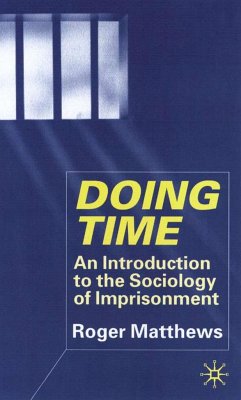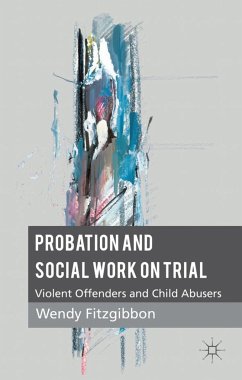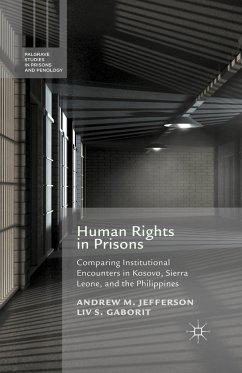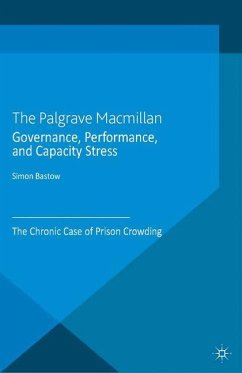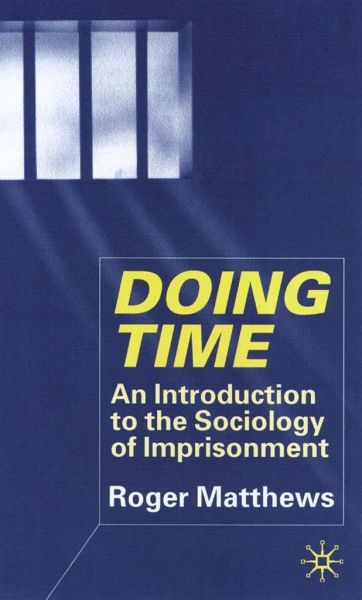
Doing Time
An Introduction to the Sociology of Imprisonment
Versandkostenfrei!
Versandfertig in 6-10 Tagen
76,99 €
inkl. MwSt.
Weitere Ausgaben:

PAYBACK Punkte
38 °P sammeln!
This book is designed to acquaint students with some of the main issues associated with the emergence and development of the modern prison. It draws on a range of sociological theorising in order to analyse the organisation and the functioning of the prison. It examines the conditions for the expansion of the prison and explores the possibilities for limiting prison use through the development of alternatives to custody. In particular, it looks in some detail at the relation between imprisonment and class, age, gender and race.





